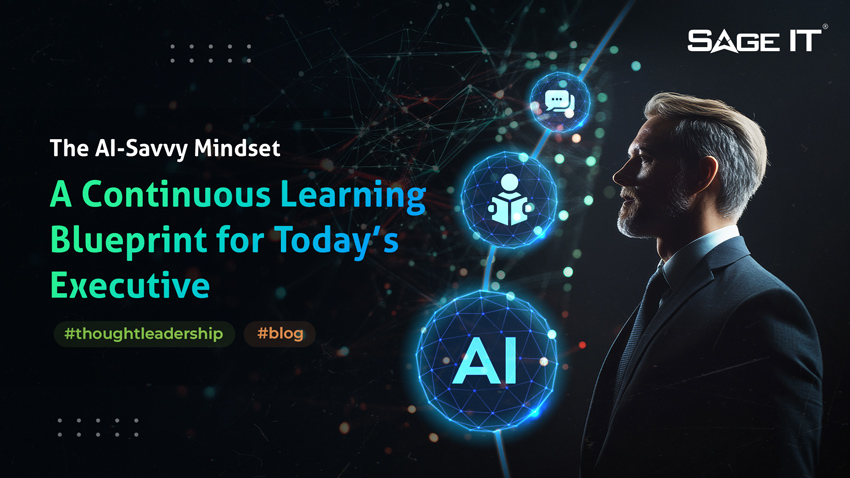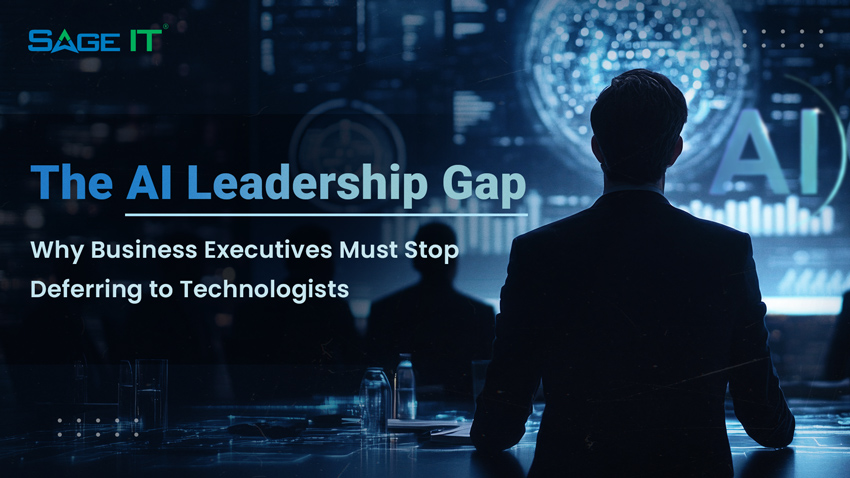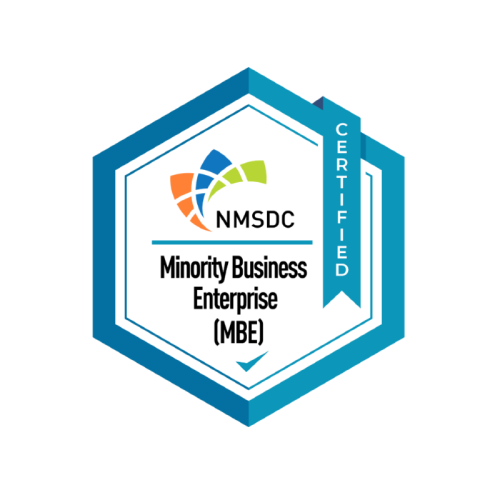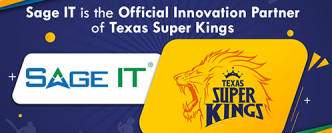“Automation is a catch-all term that can range from physical robots executing routing tasks, to software bots performing data-related activities. A single problem can have multiple automation solutions, so that business processes function as intended and gaps between systems are bridged. Aiming for homogeneity is important for these efforts to maximise returns, as some processes can be embedded in core enterprise applications and others might be tied to automation platforms. AI and ML technologies enhance the automation ability, and lead to advances that can propel the organization ahead. Hyperautomation involves the orchestrated use of multiple technologies, tools, or platforms, including
Entering the generative AI generation
Based on AI algorithms and machine learning methods, generative AI learns from existing data sets – be it text, audio, or images. It creates content based on the inputs and can be used for various purposes such as making software codes, enabling customer service, facilitating technology development, and more. Collaborative robots can also be primed for human interaction and facilitate processes like a human would.
Processing conversational AI in a neural way
Intelligent automation does not focus only on automation of routine tasks – its scope includes NLP and conversational AI tools too. The advances in these areas is simplifying conversations in customer service and are being used by some organizations too. The focus of intelligent automation is still prominently on process optimization, but newer avenues can be discovered based on business needs.
Circling around DevOps CI/CD
Constant testing will rule the DevOps CI/CD growth path, as businesses need to enable continuous integration, to deliver high-quality products. Automated testing at each stage of development can be carried out by AI tools, with sufficient human intervention to ensure things are running smoothly. Not only this helps developers focus more on the functionalities, but also frees up testing teams for a thorough, process-level quality checks. Augmented intelligence, where bots and humans work together, can improve cognitive performance of the system as a whole. Such platforms can handle structured and unstructured data much more efficiently.
The Robotic process automation uprising
RPA enables software bots to replicate human actions and improves performance effectively. Industries like insurance, banking, finance and healthcare are increasingly looking at RPA solutions for enhanced operational efficiency. When done right, automation can also result in reduced time-to-market while ensuring high security.
The low-code and no-code automation can also speed up the rate of adoption, as they require little to no coding experience and enable not-so-tech-savvy users to define the processes without getting overwhelmed.
Redefining employment
While the past few years have seen plenty of upheavals, the ability to attract and retain talent has helped leaders ride the tide better than others. The employee experience has gone through a significant shift, and teams are not hesitant to use automation programs to reduce hiring costs while improving process efficiencies and employee experience. These automated solutions can transform as needs change and make hybrid working environments as seamless as in-office ones.
Conclusion
The speed at which digital transformation is taking hold in the Silicon Age can not only be attributed to the change forced by the global pandemic, but also to an increased awareness about the benefits of adopting technology in various industries. Technology continues to be the primary impetus to change in the world. Learn about the rest of the trends in technology in our Trendsbook 2023 called OrganizationNXT.
Talk to us >> marketing@sageitinc.com












